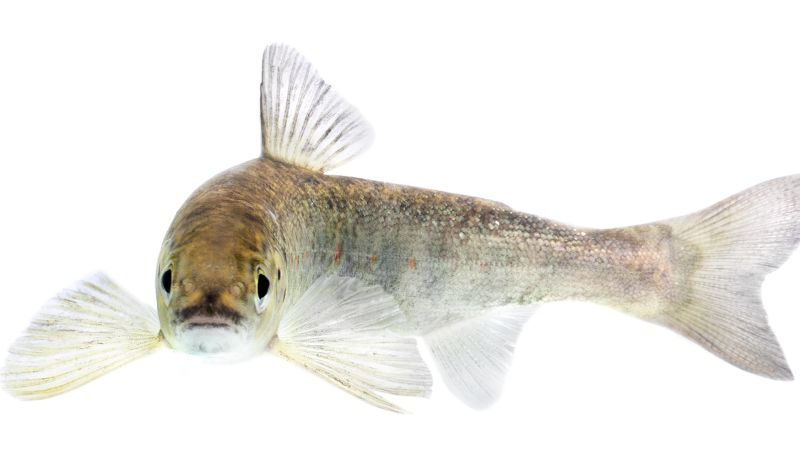Recent research has illuminated the surprising and concerning effects of pharmaceutical pollution on salmon migrating from freshwater rivers to the ocean. In particular, the antianxiety medication clobazam has been shown to significantly alter the behavior of these fish, compelling them to reach the Baltic Sea more swiftly than their unexposed counterparts. While it may seem beneficial for salmon to navigate obstacles and reach their destination earlier, the alterations in behavior brought about by clobazam exposure raise alarms about their long-term survival and adaptation in natural ecosystems.
Historically, salmon are known for their remarkable migratory journeys that span hundreds of miles from quiet streams and rivers to the ocean, with each generation undertaking this perilous venture to thrive as mature adults. However, in the modern context, these journeys are increasingly complicated by man-made pollutants. The research conducted in July 2023, published in the journal Science, highlights how clobazam, a benzodiazepine typically found in wastewater, can lead to reduced fear responses in fish. Salmon exposed to this chemical displayed altered behavioral patterns, including swimming farther apart from their peers even when predators were present.
Dr. Christopher C. Caudill, a fish and wildlife sciences professor at the University of Idaho, has pointed out that the neural wiring in fish is strikingly similar to that of mammals, making them susceptible to the effects of substances designed to impact human neurochemistry. This similarity underscores the serious implications of introducing pharmaceuticals into aquatic ecosystems. The findings suggest that the behavioral modifications triggered by clobazam could pose significant risks to the survival, health, and reproductive success of exposed salmon.
The research team at Griffith University, led by Dr. Marcus Michelangeli, conducted extensive studies involving more than 700 juvenile salmon, known as smolts. They implanted time-release drug dispensers that mimicked ecologically relevant concentrations of clobazam and the opioid tramadol in the fish. Their findings indicated that smolts receiving clobazam were not only more likely to reach the Baltic Sea, but they also navigated hydropower dams, notorious for their hazards, much faster than those without drug exposure. Specifically, salmon with clobazam implants surpassed these dams two to eight times faster than other fish groups, which is concerning given that these areas are often lethal for juvenile salmon due to the mechanical dangers inherent in turbine systems.
However, while it might appear that clobazam improves the immediate prospects for salmon migration, the researchers argue that this behavior could drastically increase their vulnerability to predation in the ocean. Caudill emphasized that the crucial transition from freshwater to saltwater is fraught with risk, as migrating salmon encounter new predators that could threaten their chances of survival. Thus, the benefits of quicker migration may come at the cost of increased exposure to predation, ultimately diminishing the likelihood of returning to their spawning grounds.
The implications of these findings extend beyond salmon, indicating a need for more research into how pharmaceutical contaminants could be reshaping wildlife populations as a whole. Given that pharmaceuticals such as benzodiazepines and opioids are frequently detected in aquatic environments worldwide, understanding their full impact on ecological balance and animal behavior is imperative. The research underscores a pressing need for environmental policies that address pharmaceutical pollution to mitigate its potentially harmful effects on wildlife health and population dynamics.
In conclusion, while the accelerated migration of clobazam-exposed salmon may provide an interesting observation, it leads to profound questions regarding the health and stability of salmon populations in the long term. As articulated by Michelangeli, the fact that more drug-exposed salmon may reach the sea does not correlate with a healthy population overall. It emphasizes the importance of caution in interpreting these results, as unintentional behavioral changes driven by pharmaceutical pollution could fundamentally alter entire ecosystems in ways that remain poorly understood. The research highlights the critical need for ongoing investigations to explore the full ramifications of pharmaceutical contaminants on wildlife.












